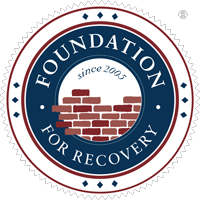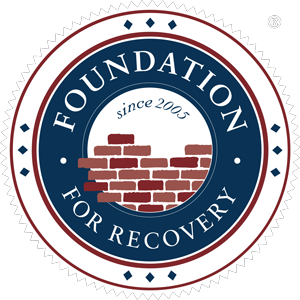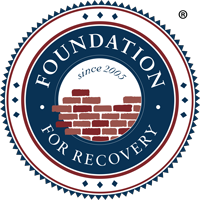It’s no secret that problematic substance use disorder (SUD) is a public health crisis in the United States. In 2021, more than 106,000 people in the U.S. died from a drug-involved overdose, including both criminalized drugs like fentanyl and prescription opioids. But what’s often overlooked is the fact that many people problematically using substances are employed and are active in the global workforce. A study from the National Survey on Drug Use and Health found that nearly 10 percent of American workers struggle with substance use, and it spans all industries.
This means that there’s a good chance that someone you work with is navigating a problematic relationship with alcohol or drugs (legal or not). And while it can be difficult to tell, there are some signs that your workplace might not be as recovery friendly as it could be. Let’s take a look at your company and see how we can help you.
Here are a few things to look for:
What is your organization’s history with substance use?
Is there a high incidence of problematic or chaotic substance use? Is your industry safety-specific and are there special requirements for dealing with SUD in the workplace?
Do your policies support employees in recovery?
Are there robust, non-shaming policies in place to allow an employee to seek treatment and support?
Do you have a policy in place that allows employees to take time off for addiction treatment or recovery?
Substance Use Disorder is treatable, and recovery is possible, unlike some other chronic relapsing conditions. Often, an employee must take leave to address their SUD and overall health. By safeguarding someone’s job while they take medical leave, a business can not only save money but retain incredibly loyal and dedicated employees.
Do you have an Employee Assistance Program (EAP) that offers confidential counseling and resources for employees struggling with substance use?
Are your employees aware of all the benefits that their EAP offers? Is SUD specifically addressed with low-barrier support like virtual therapy or medication-assisted treatment for Opioid Use Disorder?
Is your culture supportive of employees in recovery?
How do you support your employees who are in recovery? Do you offer flexible work schedules to allow for doctor’s appointments or mutual aid support meetings? Do you require that the employee abstain from certain medications that support their recovery?
Do you have a culture of openness and understanding when it comes to substance use disorder and recovery? Or is there a stigma attached to these issues?
How open are you with your staff about substance use and addiction recovery? Are you aware of non-stigmatizing language that you could adopt?
Do you have leaders who are supportive of employees in recovery?
Leadership plays a big role in setting the tone for a workplace. If your leaders are supportive of employees in recovery, it can go a long way in making your workplace more recovery friendly.
Most likely, your workplace is not as recovery friendly as it could be, and that can be a very costly mistake. The annual cost to Nevada is about $6.8 billion for unsupported employee substance use disorder. These costs include a reduction in the labor force, decreased productivity, turnover, absenteeism, health care, and criminal justice. If your workplace isn’t supportive of employees in recovery, it can be difficult for them to find the help they need. A job provides structure, meaning, and purpose, and can be one of the best tools for recovery. A healthy, supported workforce is good for business and good for the economy.
And we are here to support you as you invest your workforce!
Many states, including Nevada, have initiatives that help companies and organizations large and small to become more aware and friendly of SUD and recovery. The Nevada Recovery Friendly Workplace Initiative empowers employers to implement recovery-friendly practices within the workplace and provide support for employees in recovery or those impacted by SUD. You would work one on one with a Recovery Friendly Ambassador every step of the way to achieve your state designation.
AND IT’S FREE!
There is NO out-of-pocket cost to your organization to be designated as a Recovery Friendly Workplace. There are no downsides and this can only improve your bottom line.
As a Recovery Friendly Workplace, your company will get connected to resources and services, retain a healthier and more productive workforce, improve employee retention while reducing staff turnover costs, and also send a strong message to your employees and customers about your positive workplace culture.
So, are you ready to take your Nevada business to the next level by being designated as Recovery Friendly Workplace? Get started today!










